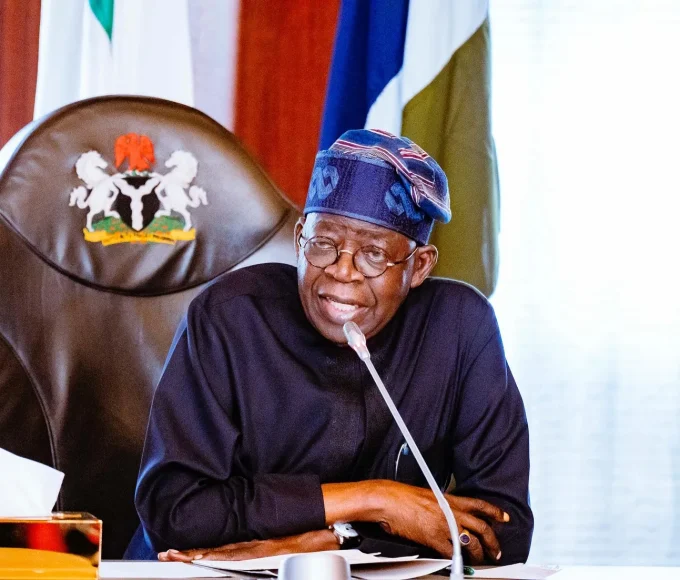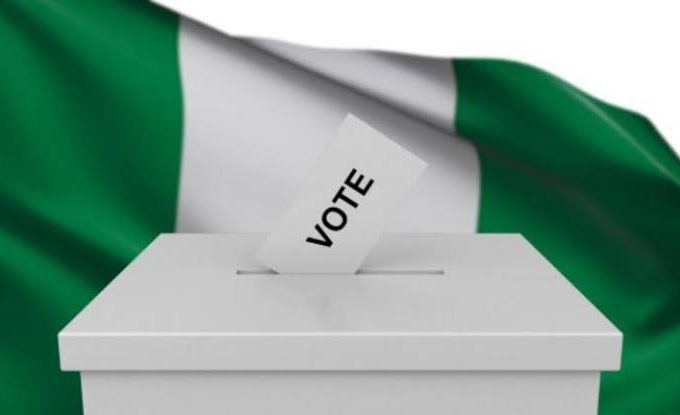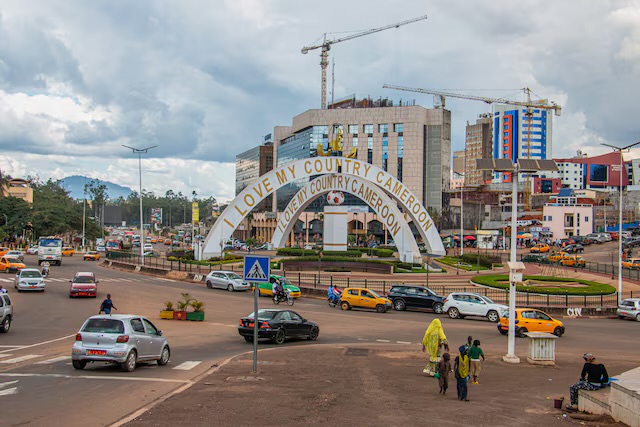
Opinion: Why Ned Nwoko’s Call For Citizens’ Right to Bear Firearms Is Valid

As Nigeria grapples with persistent security challenges, citizens and lawmakers alike are advocating for a controversial solution: the right to bear arms. Against the backdrop of escalating violence, particularly the recent spate of killings in Plateau State and abductions in other states, the call for civilian firearm ownership is gaining momentum as a potential means to bolster self-defense and mitigate security threats.
In the National Assembly, Senator Ned Nwoko, representing Delta North, stands as a staunch proponent of this initiative. His proposed bill seeks to amend existing legislation to permit responsible civilians to own firearms.
Citing the alarming rise in terrorist attacks, kidnappings, and communal violence, Senator Nwoko is arguing that empowering law-abiding citizens with firearms could provide a crucial line of defense in the face of imminent threats.
The urgency of Nwoko’s proposal is underscored by the harrowing events of last Christmas, where over 200 innocent lives were brutally snuffed out by terrorists in Plateau State. In the wake of such tragedies, the inadequacy of current security measures has become glaringly apparent, prompting a reevaluation of traditional approaches to public safety.
However, the clamor for civilian firearm ownership is not without its detractors. Critics express concerns about the potential for abuse, citing the need for stringent regulations and comprehensive training to ensure responsible firearm ownership. Senator Nwoko acknowledges these apprehensions and emphasizes the importance of implementing robust control measures to prevent the misuse of firearms.
To address these concerns, Nwoko’s bill outlines a rigorous vetting process for prospective firearm owners. Requirements include endorsements from medical professionals affirming mental stability, community validation from local government officials, and verification of criminal records by law enforcement authorities. These stringent criteria aim to uphold standards of responsibility while safeguarding against potential risks associated with firearm possession.
Moreover, the proposed legislation advocates for the establishment of licensed firearm dealerships to regulate the legal acquisition of firearms. By creating a structured framework for firearm procurement, proponents hope to curb the rampant illegal arms trade while generating revenue through licensing fees and taxes. These funds could then be allocated towards bolstering law enforcement efforts and addressing underlying causes of insecurity.
The debate surrounding civilian firearm ownership echoes a broader discourse on security policy in Nigeria. With the rejection of the state police policy, citizens are increasingly looking towards alternative means to protect themselves and their communities. Advocates argue that granting citizens the right to bear arms represents a pragmatic response to the prevailing security crisis, empowering individuals to defend against imminent threats in the absence of adequate state protection.
Read more: Apple’s Vision Pro: Magic or a Mirage?
About The Author
Related Articles
Tinubu Government Reportedly Paid Millions of Dollars in Ransom to Boko Haram for Release of Kidnapped Schoolchildren
New details have emerged suggesting that the Nigerian Government may have paid...
ByWest Africa WeeklyFebruary 25, 2026Drone Attack Attempt Foiled Near Aguelhok as Two FLA-JNIM Fighters Killed in Explosion
An attempted armed attack on a Malian military convoy near Aguelhok in...
ByWest Africa WeeklyFebruary 23, 2026Nigeria’s New Electoral Act Grants Voting Rights to Prisoners
Nigeria’s newly signed Electoral Act contains a provision that extends voting rights...
ByWest Africa WeeklyFebruary 23, 2026Journalists Detained in Cameroon While Investigating U.S. Deportations
Four journalists were detained in Cameroon while investigating the deportation of African...
ByWest Africa WeeklyFebruary 23, 2026











